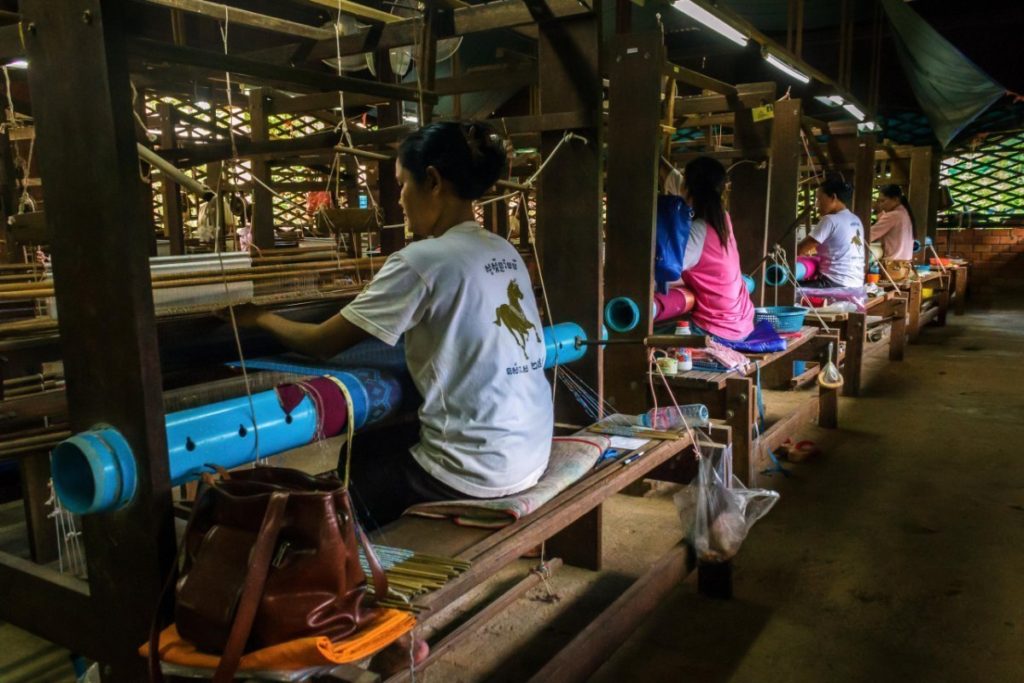The Modern Slavery Bill was promoted to prompt businesses to consider how they do business on a global scale, including within their supply chain, and take steps to eradicate any risk of modern slavery.
This article was also published by Dynamic Export.
This is particularly pertinent for exporters/importers that have products manufactured in low cost labour countries in Asia. The Global Slavery Index 2018 estimates there are approximately 15,000 people trapped in modern slavery in Australia, while the United Nations estimates some 40 million people are affected by slavery, with half those located in our Asia Pacific region.
The Hidden in Plain Site report released by the Commonwealth Government in December 2017 outlines a number of recommendations for companies to investigate their global supply chains.
These recommendations include:
- only working with certified organisations
- implementing strong due diligence and remediation processes in relation to modern slavery
- mapping supply chains
- creating questionnaires to be completed by all suppliers to ensure a paper trail demonstrating enquiry into an entity’s operations
- physically visiting international suppliers to inspect operations
If it is uncovered that modern slavery exists within supply chains, it is then up to the company on how they wish to handle their response. The options available to businesses who do uncover modern slavery practices in their supply chains (though often these practices are hidden in plain sight) include:
- stopping business operations with companies endorsing modern slavery practices
- creating a remediation plan consisting of corrective actions and follow up audits over a reasonable timeframe. This approach is particularly relevant when simply stopping work would result in broader ethical issues (eg people starving because they now have no work)m
- mobilising vulnerable workers
- reporting on the discovered issue and the steps taken to rectify it within the MSS
If the Bill becomes law it will only require entities to file a report on their operations, it will not require businesses to actually improve their supply chains. This requirement is replicated in the NSW Act. However, where the Commonwealth and New South Wales modern slavery laws differ, is that an entity can be fined up to $1.1 million in New South Wales, while there are no fines if an entity fails to comply with the Modern Slavery Bill.
That said the filed reports will be made publicly available, giving knowledge to consumers to help inform their purchasing decisions. Further, the procurement departments of companies and government agencies will have access to the same information to inform their respective purchasing decisions.
Business must develop an in-house capacity to create their own approach to defining due diligence within their supply chain. This requires a blend of skills from professionals with human resources, import/export, finance and procurement backgrounds to determine a tailored and effective approach. The worst-case scenario to be avoided is complying with the obligation at face value, but for the media to then break a horror story in the supply chain that the company should have known about and could have acted on.
The most important ingredient will be leadership by the CEO and the Board to ensure the new legal obligations are satisfied.
